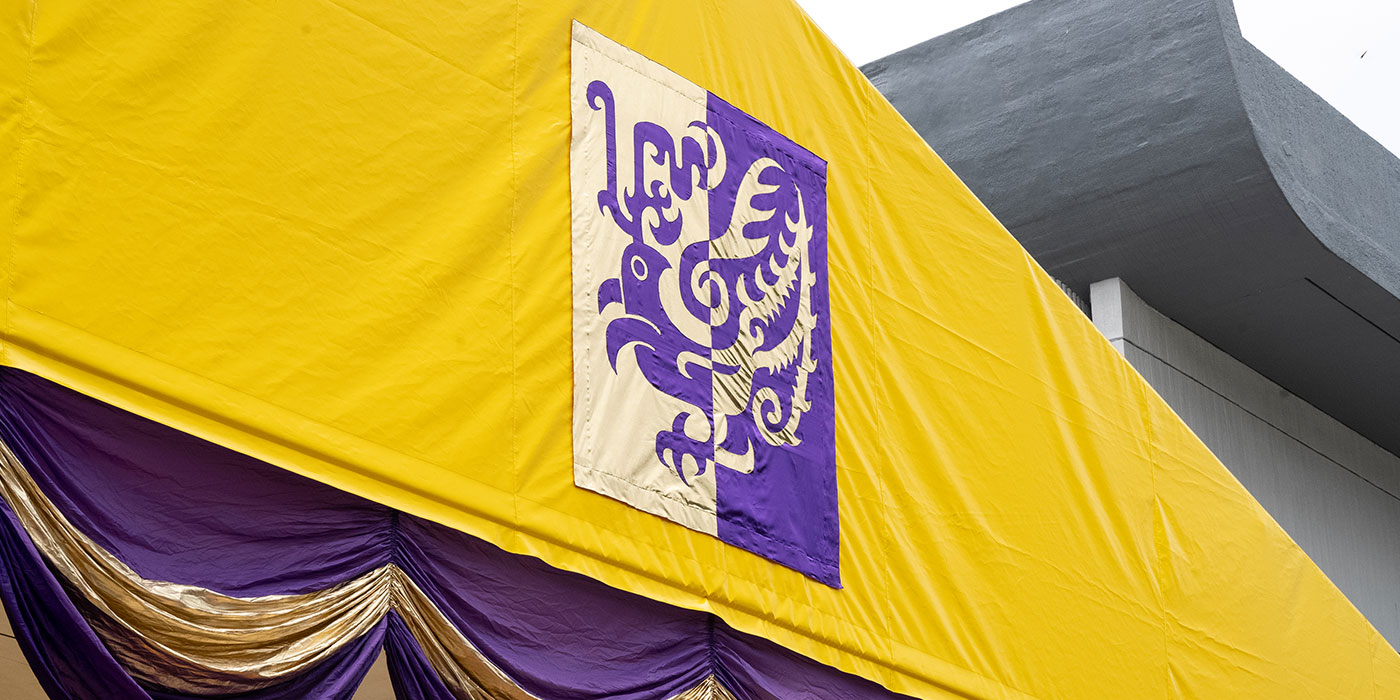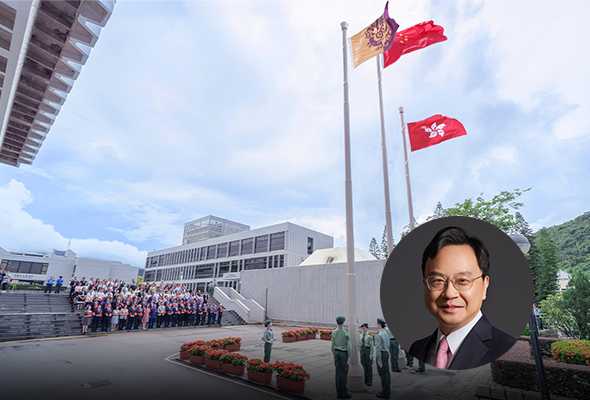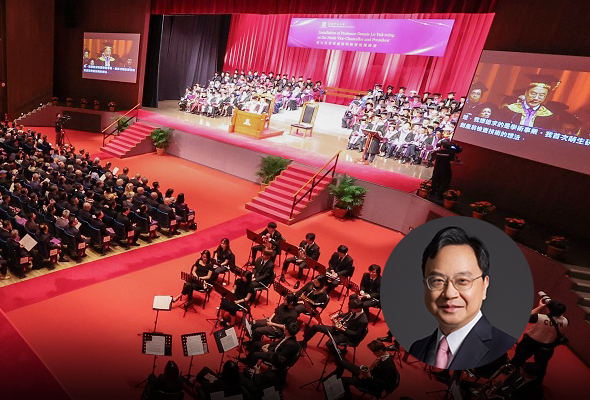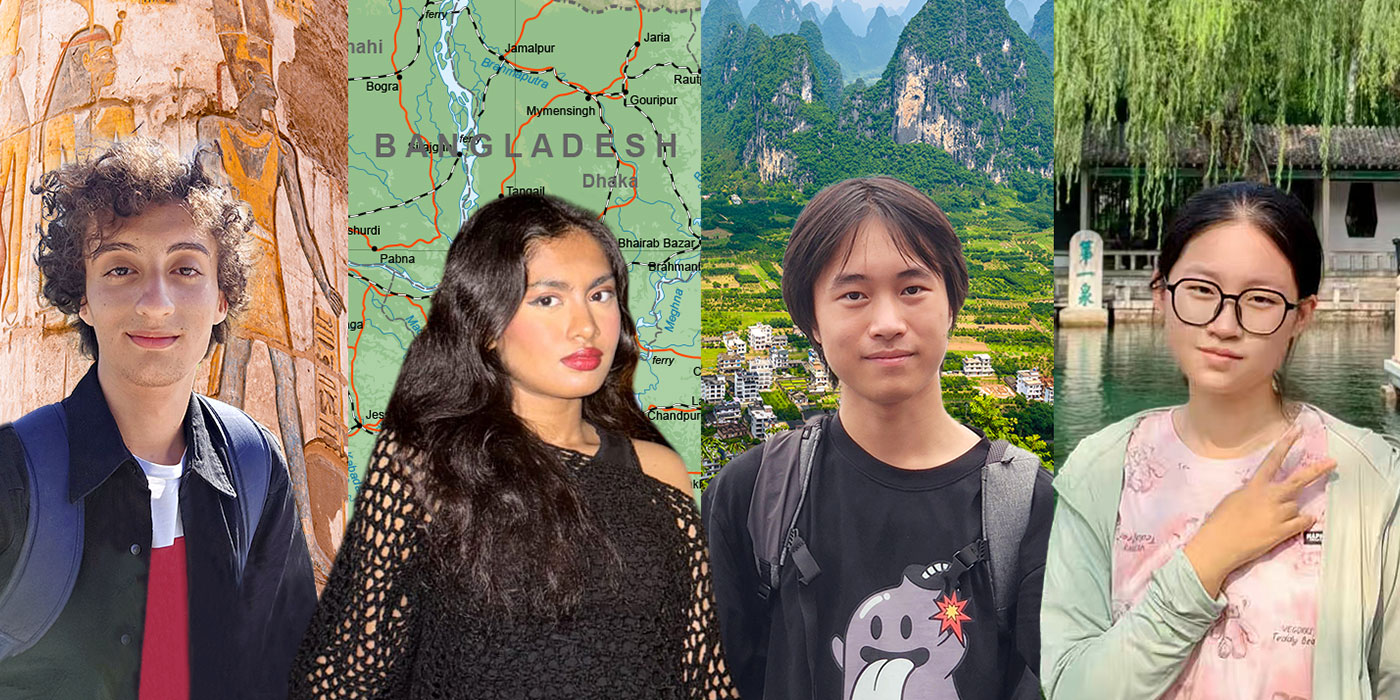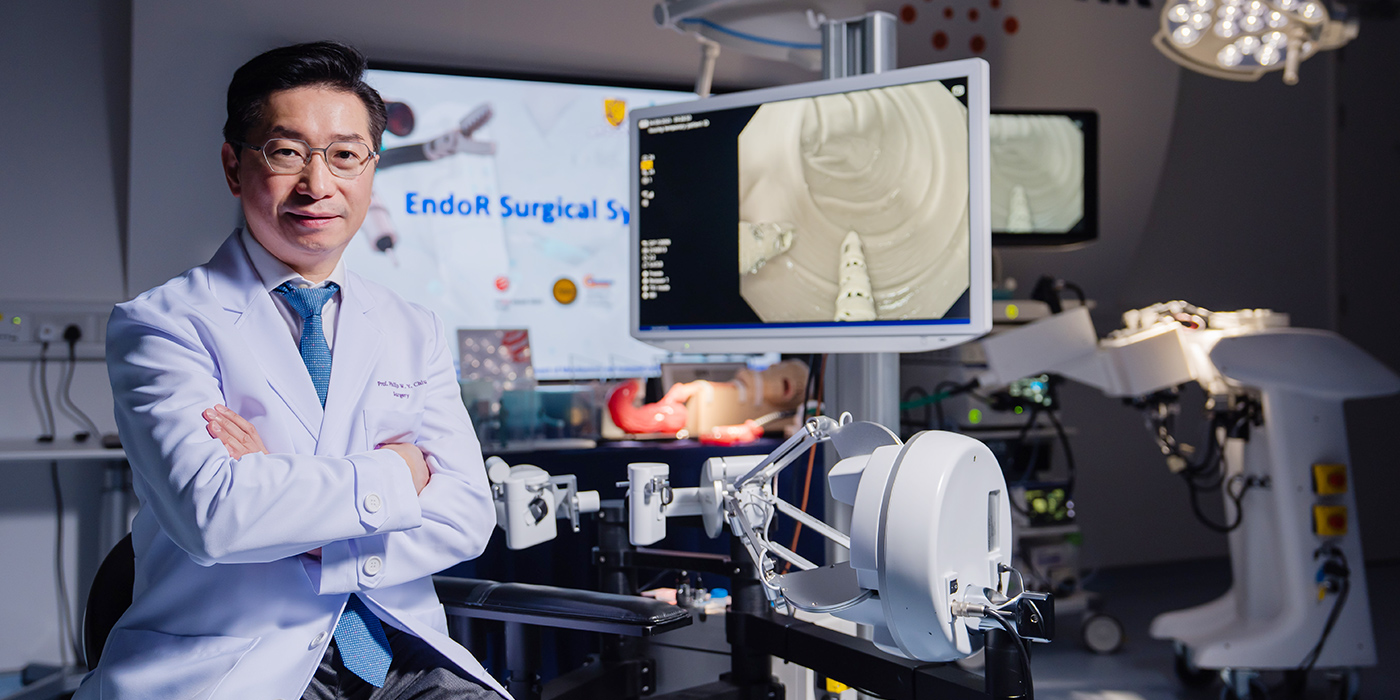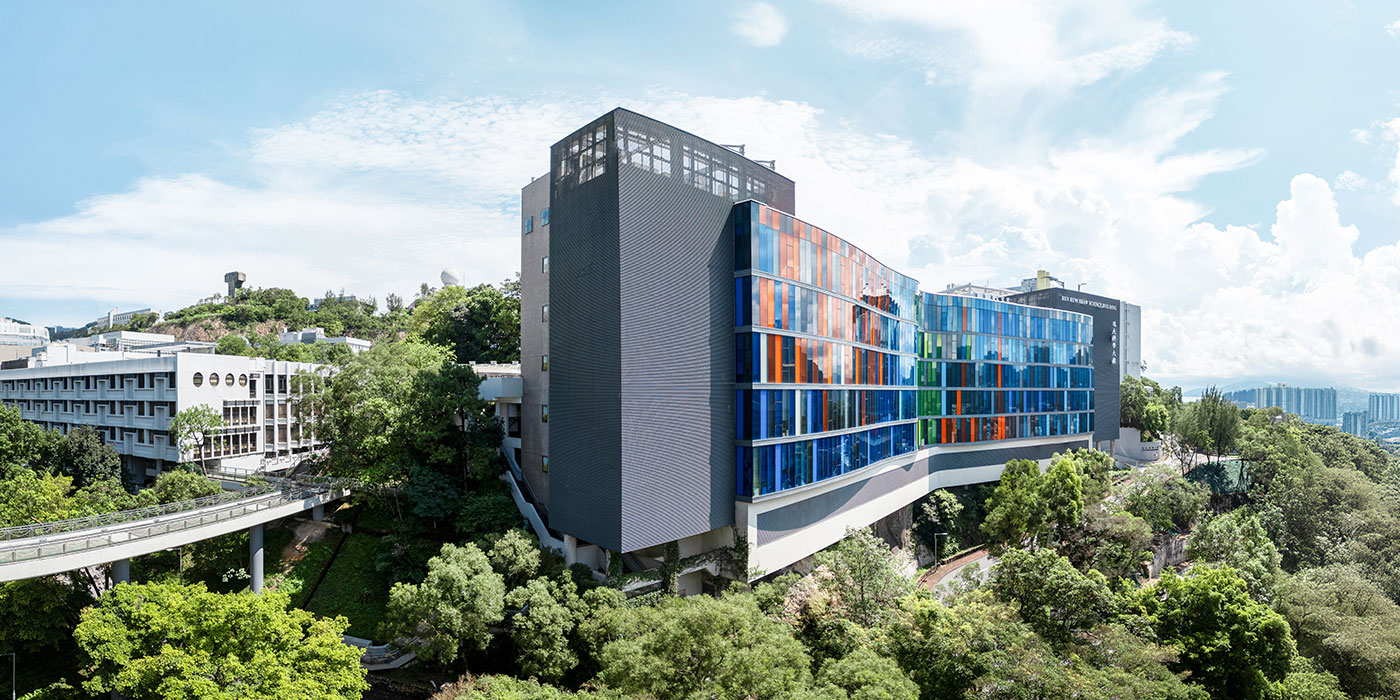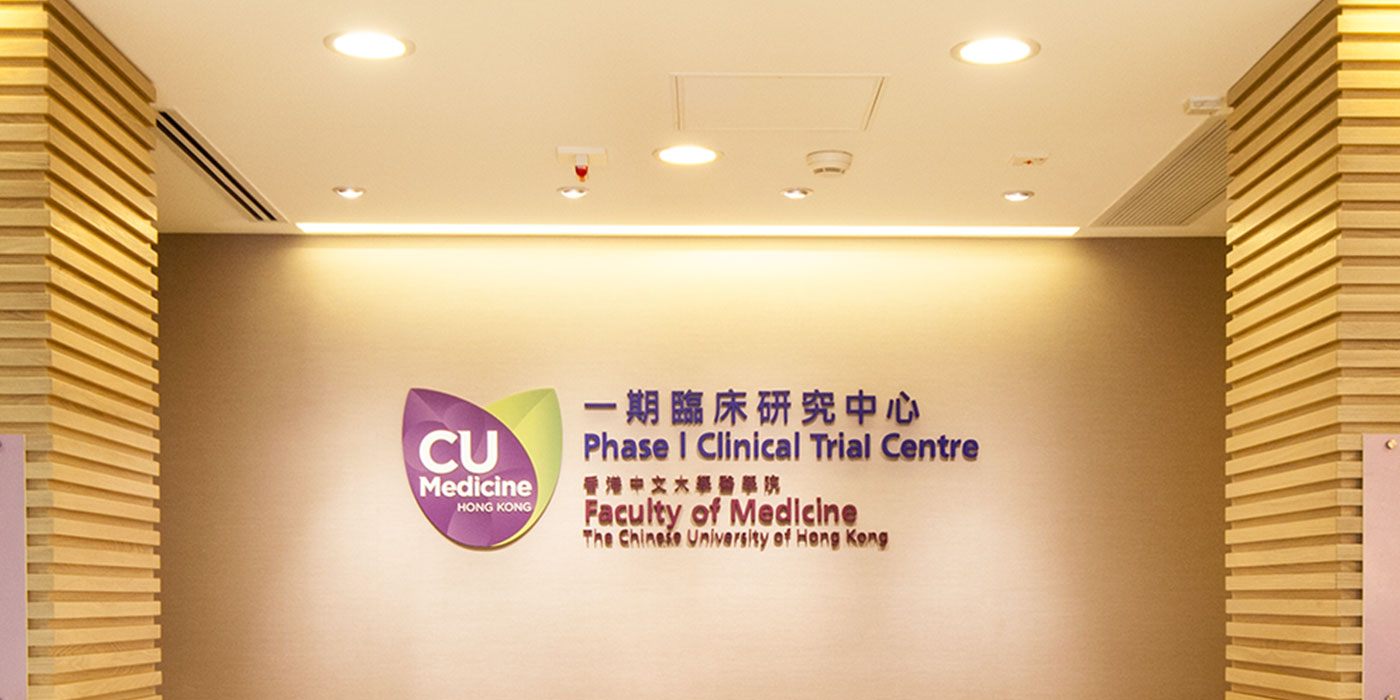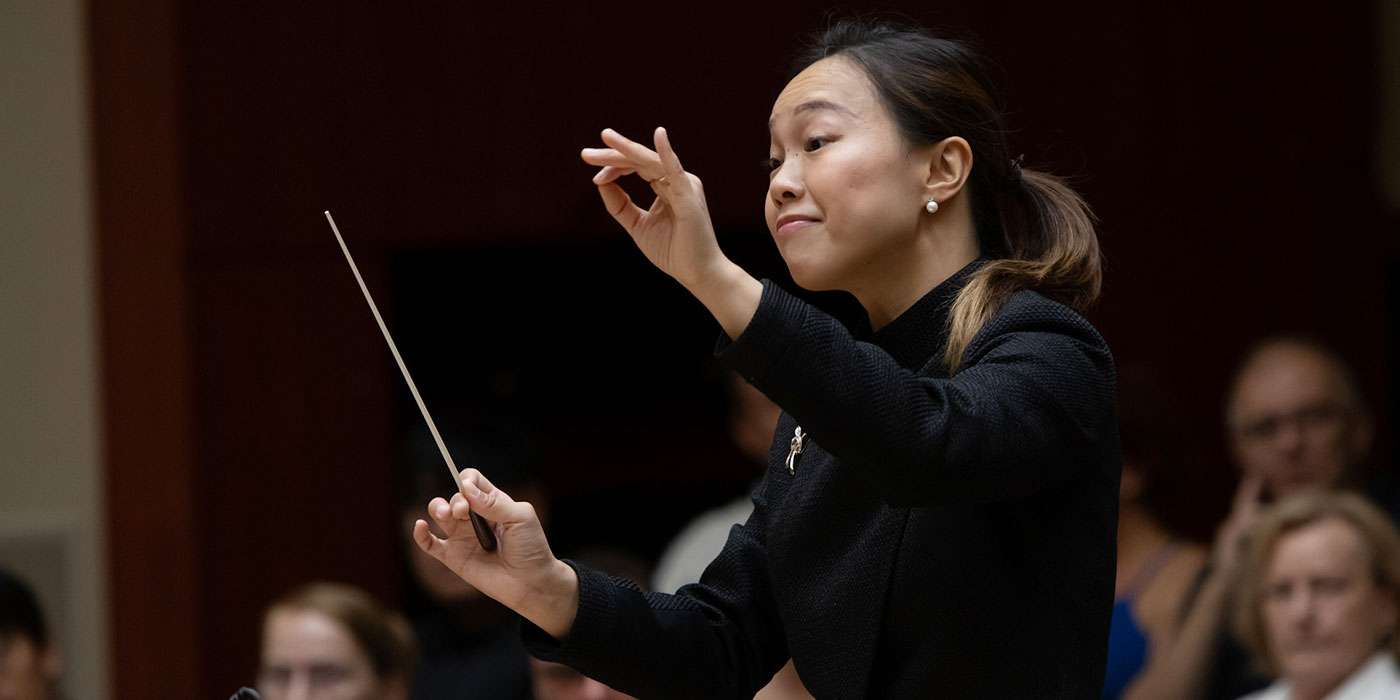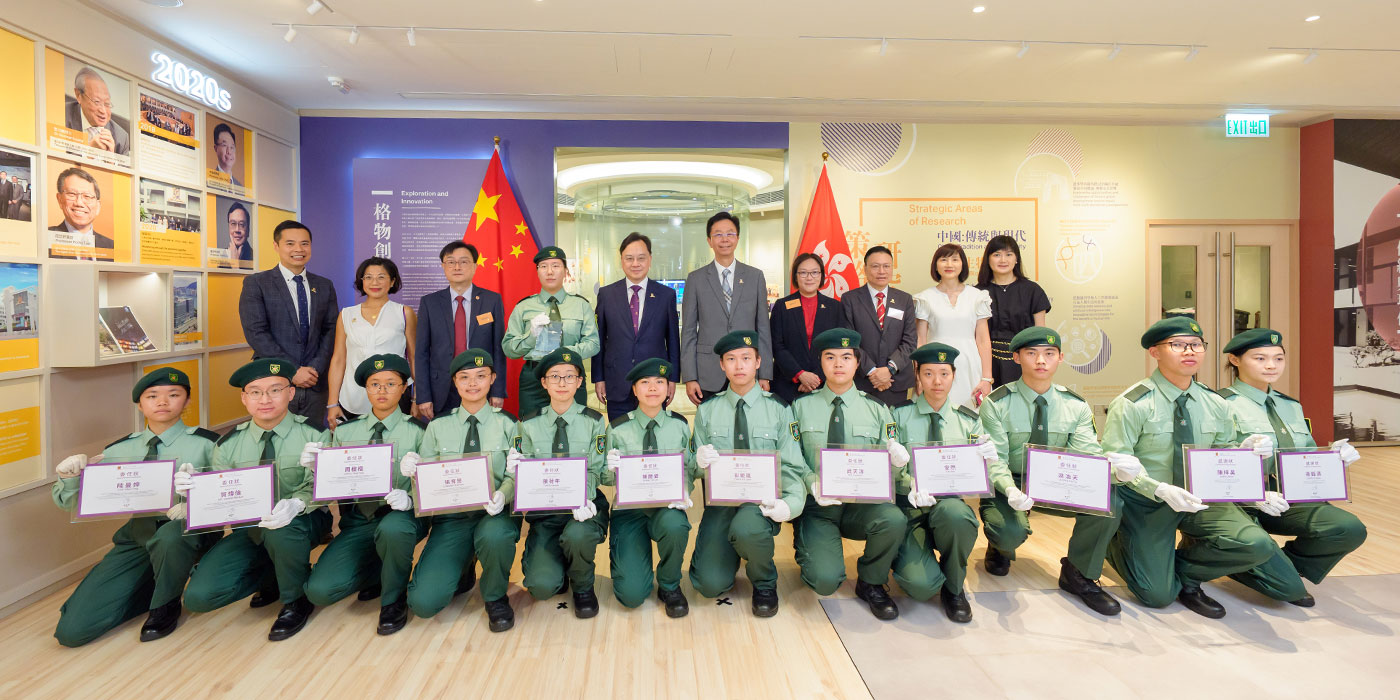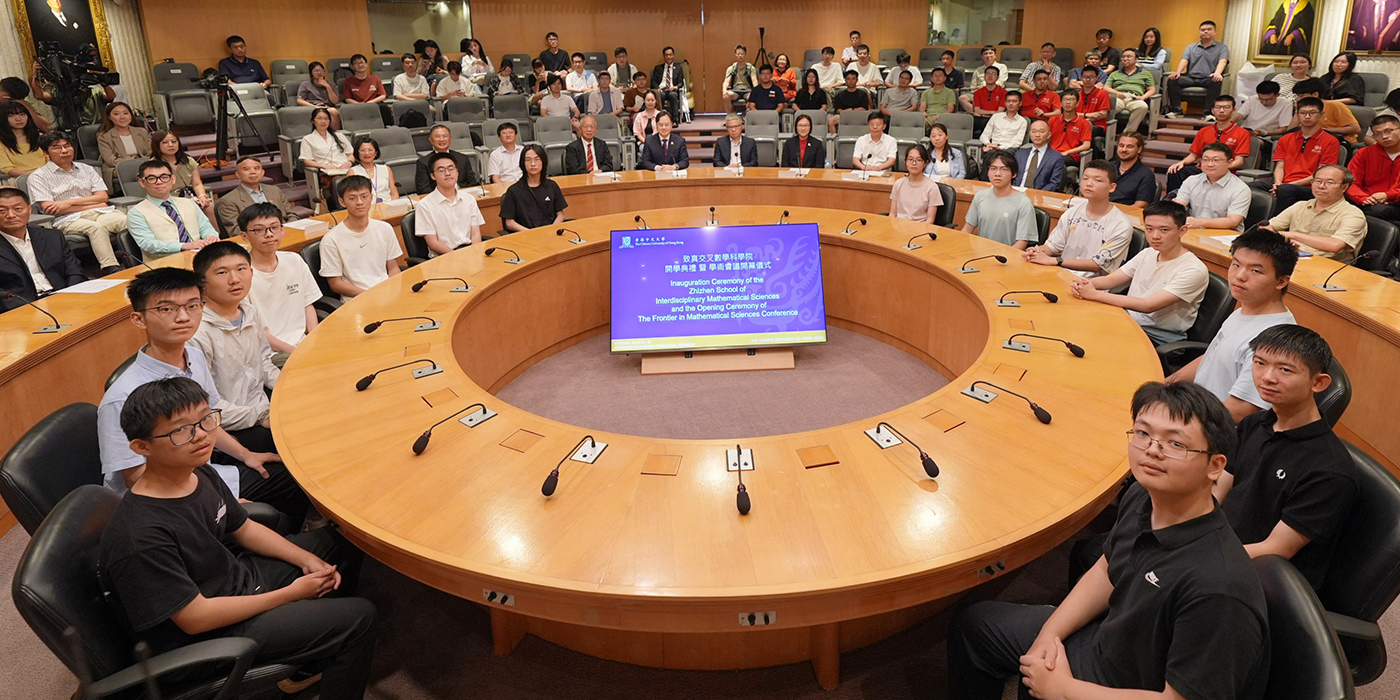At the helm of research and cross-disciplinary scholarship—Professor Helga Nowotny
Professor Helga Nowotny has had a brilliant career traversing law, sociology and, most significantly, science and technology studies, in which she is a pioneer. She has been deeply engaged in science and innovation policy, culminating in her role as president of the European Research Council from 2010 to 2013. As founder and leader, she helped shape the Council as a funding agency run by scientists for scientists and embracing the social sciences and humanities. Since 2007, the year it was founded, when she started serving as its vice-president, the Council has funded more than 12,000 projects and over 10,000 researchers, including 12 Nobel Prize winners.
Growing up in Vienna during the second world war, Professor Nowotny was keen to understand how the world works. With a supportive family, particularly encouragement from her mother, she was one of the few women to proceed from school to the University of Vienna, where she graduated with a doctorate in jurisprudence in 1959. For want of openings in law in New York, where she moved with her husband in the mid-1960s, she pursued a doctorate at Columbia University under the tutelage of two founding fathers of modern sociology, Paul Lazarsfeld and Robert Merton. Upon graduating, she began her teaching and research career in Vienna, going on to work in Cambridge, Berlin and Paris.
Her interest in science and technology studies was sealed during her sabbatical year at Cambridge, where she tutored the course Science, Knowledge and Belief. In her recent book, In AI We Trust: Power, Illusion and Control of Predictive Algorithms, Professor Nowotny unpicks the role of and our ambiguous relationship with artificial intelligence, reminding us that human evolution has been intimately linked to technology—the quest to extend our capabilities through innovation—from the invention of writing. Confronted with its promise and perils, she calls for AI to be regulated, so that the future is an open rather than a determined one, which humans can shape for the better. AI cannot replace human wisdom, and—as she penned in a haiku, finding the one written by AI in a conference unsatisfactory—“future needs wisdom”.
Professor Nowotny was unable to attend the Congregation, and the University presented the degree to her in absentia.

